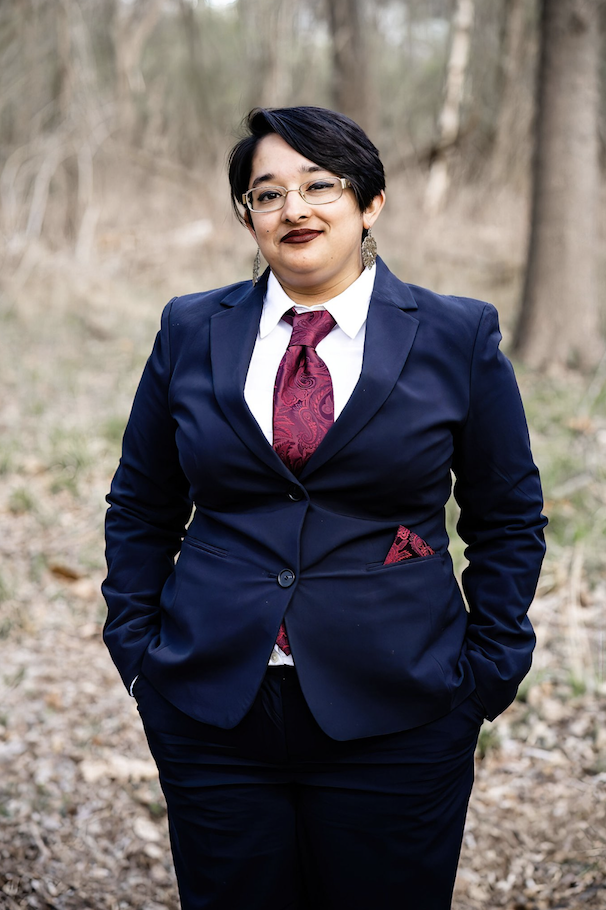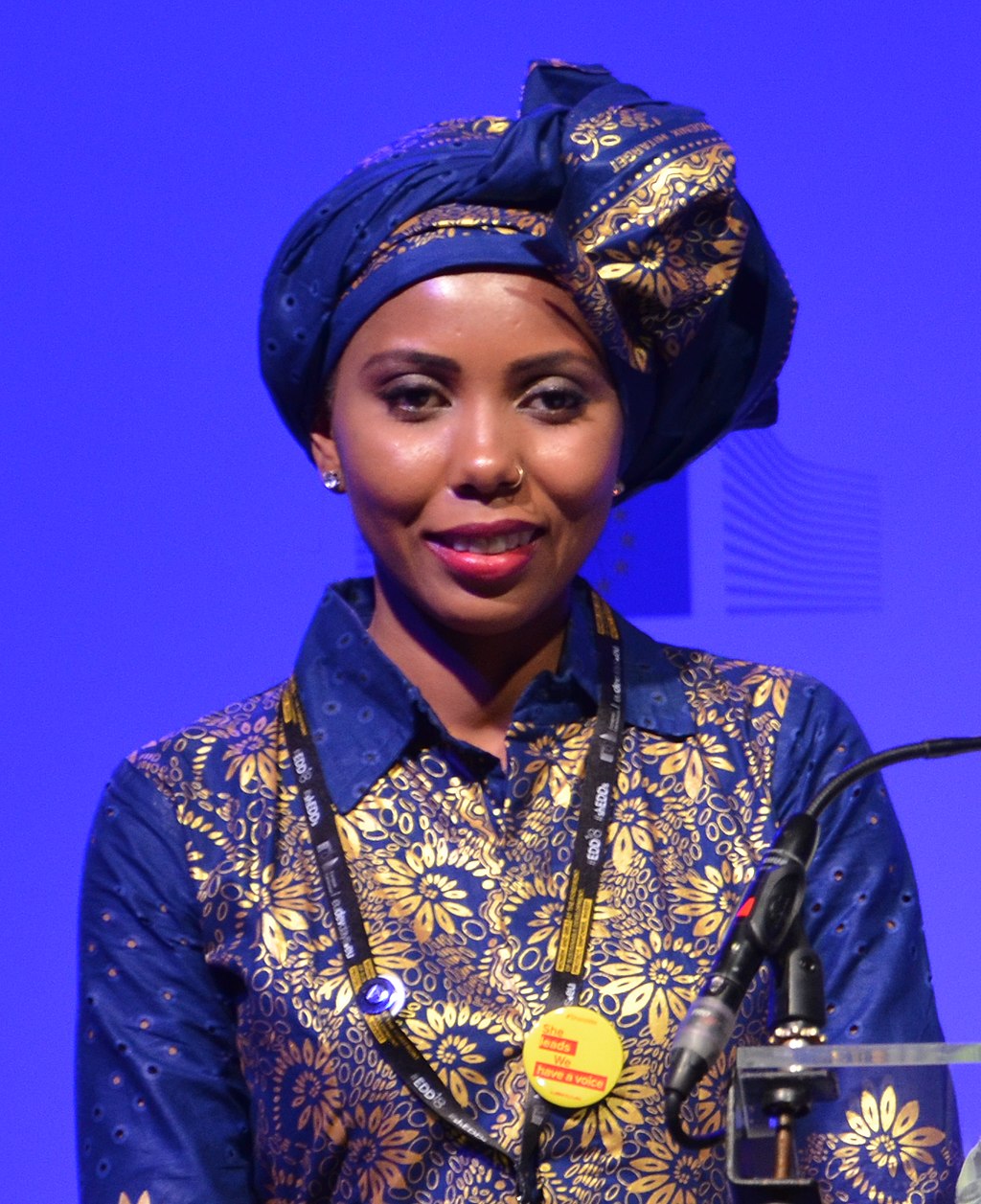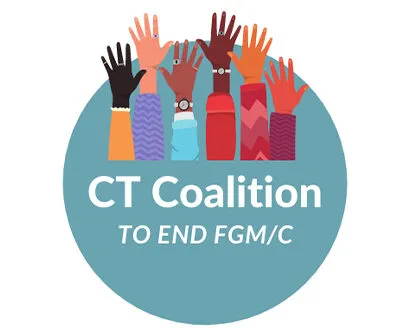In December, Sahiyo U.S. and TightLipped explored the power of sharing one's story during our “Pain, Stigma, and Sexual Health: Healing Through Storytelling webinar. After recently chatting with one of the panelists, Grace Culqui, I had the pleasure of interviewing another participant: Lomaris "Lo" Diaz.
For years, Lomaris struggled with vulvovaginal issues which caused her intense pain on both a physical and emotional level. Not even medical professionals were able to understand or sympathize with her plight, leaving Lomaris with a deep sense of isolation.
In our interview, I got to learn about how sharing her story with others changed the game for Lomaris. Through talking about her experiences, she felt liberated from her pain – and indeed, it metamorphosed into a sense of purpose. What Lomaris had to say about the importance of speaking up and reaching out for support was incredibly inspiring, and I believe could be helpful for others also trying to free themselves from their own trauma and hurt – including those affected by female genital cutting (FGC).
What motivated you to participate in the webinar and share your story?
At the beginning of my journey with vulvovaginal pain, I felt this deep sense of loneliness, as if there wasn’t any place in the world I could truly belong to. While I wouldn’t wish for any other woman to go through something like this, the experience made me find others like me. Instantly, I experienced a freedom I had never felt before. The word “freedom” sounds so odd because, at that time, I felt like the pain owned me and there wasn’t any other way out of it— but community gave me hope.
I wanted to help other women who, like me, were suffering from both physical and mental pain. After finding a community of people who understood my struggles [through my provider], something changed within me. I no longer felt ashamed about being open about my condition. Instead, I felt a sense of responsibility to share my story to find others like me and remind them that they are not alone.
Looking back, what emotions or thoughts stand out the most from your experience during the webinar?
During the webinar, I was reminded of the sense of isolation and discouragement I felt when I was ignored as if my concerns about my health were not valid. All the comments made by medical practitioners about my condition rushed through my mind, comments like:
"It's all in your head,"
"You're being overly dramatic," and
"Since no one can figure you out, you deserve a life alone or not to live at all."
That last comment was made as a joke to alleviate the sorrow I felt during the appointment, and to this day, I still can't understand how someone would even joke about it.
Were there specific topics brought up during the webinar that released these emotions?
When Grace shared her story about her IUD anesthetic procedure, her practitioners forgot to inform her they left a large amount of gauze inside her vagina due to abnormal bleeding during her procedure. She then had to endure so much discomfort to moisten the gauze and slowly rip it out.
I work as an animal anesthesiologist, and it shocks me to hear stories like this, even for my patients who can’t communicate. I thoroughly explain the process, side effects, what owners might expect, and how to prepare themselves to assist their pets better when coming home after an anesthetic procedure. Why would working with a human patient be different when they have lower standards?
What message or insight do you hope readers take away from your insights about navigating sexual health challenges?
For those at the beginning of their healing journey or navigating sexual health challenges, sometimes it’s all about a 50/50 roll of the dice— a gamble of sorts.
Sharing could bring something that connects you to solutions or potentially hurts you, as with my community. In my situation, on a day marked by frustration and just overall exhaustion from my vaginal problem, I shared part of my story with a co-worker. She learned of another doctor familiar with conditions like mine because of her husband’s PT doctor. And that’s when my healing journey started.
You see, for me, life is almost always a 50/50 gamble. Sharing can sometimes cause pain or shame, but there’s also a 50% chance it could bring answers and help. How can I limit myself to one side of the coin? I feel that if there’s a chance of experiencing hurt, there will be a moment when I will receive the help I need, and I did. I am so glad I rolled the dice again despite how painful it was in the past.
Is there any additional advice or encouragement you'd like to share with individuals facing similar journeys?
Every person's journey is unique, and sharing our experiences can sometimes lead to negative emotions such as discouragement, disappointment, and hopelessness. When people don't take the time to listen and understand, their words, actions, and advice can hurt us. But, despite these challenges, there are safe spaces and supportive communities for you. You are not alone in this.
If you want to hear more about Lo’s full story, be sure to watch the webinar here.






